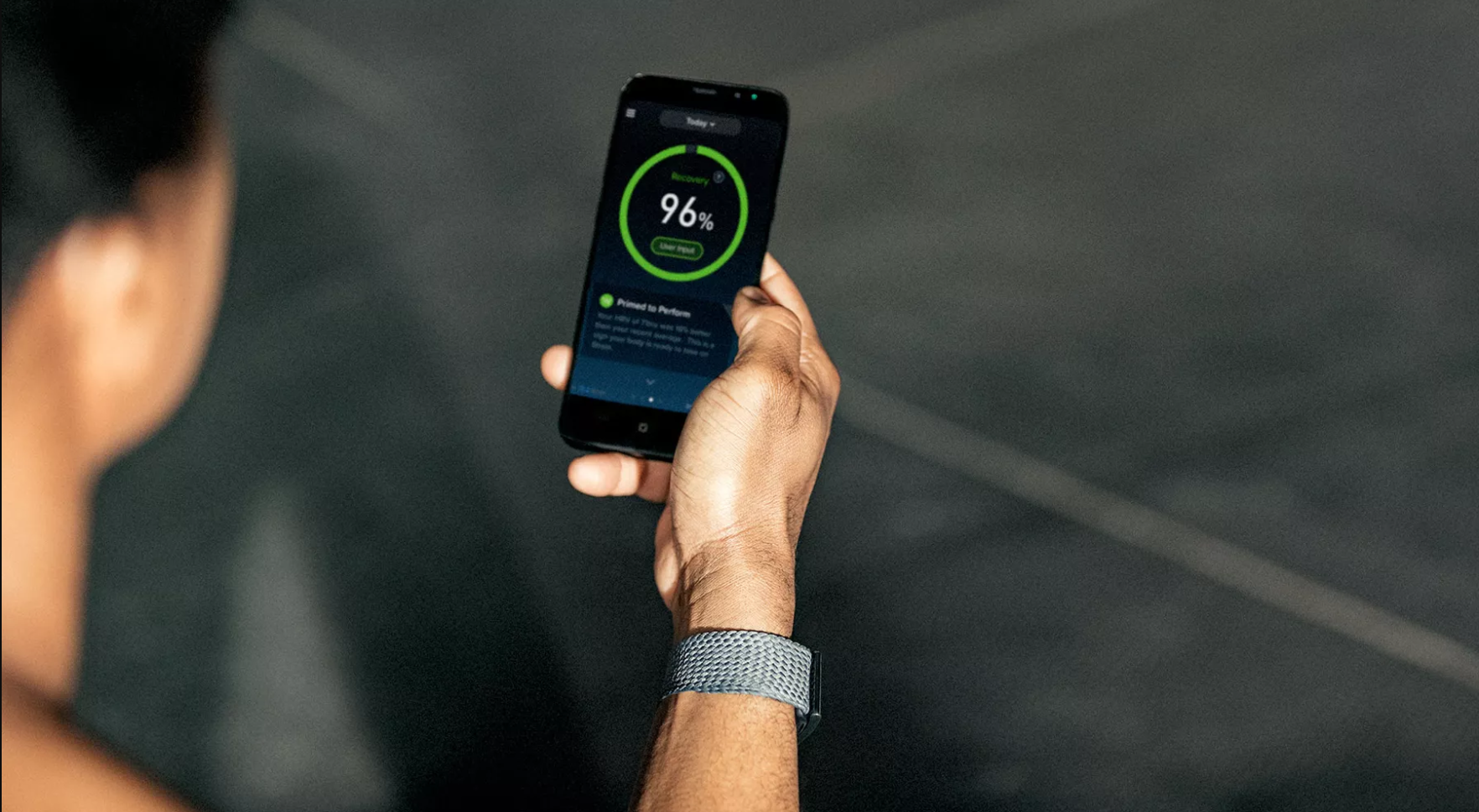My 5 steps to more efficient sleep and recovery.
My new obsession with optimizing sleep.
I have recently become somewhat obsessed with getting good and efficient sleep for my recovery to continue to train and put my mind and body through the wringer each day. Part of that is realizing that there are good days and bad days. Allowing my body to rest and recover is just as important if not more important than training itself. Through various research and trial and error I’ve come up with 5 steps that have allowed me to see increased recovery and more efficient sleep.
No bright lights 1-2 hours prior to sleep.
Blue light gets a notoriously bad rep to the point where that is the only thing people focus on. The truth is that your body operates on an internal clock that is highly susceptible to bright lights, not just blue light. This is the same reason getting bright sunlight exposure in the morning is so helpful to setting your circadian rhythm. It’s also the reason that all bright light exposure prior to bed is so detrimental to your sleep quality. I have experimented and tried both… reducing light exposure anywhere from 2 hours prior to bed all the way to not limiting at all. Up to the point of having my phone in my face until I fall asleep. I have fallen asleep so much quicker and woken up feeling so much better when I limit bright lights to at least 1 hour before bed.
No screens in the bedroom.
Apart from the bright light of the modern iPhone, which we’ve already discussed is detrimental for your sleep, the massive distraction a phone has often led me to staying up way later than I intended and therefore getting way less sleep than I needed for recovery. After just being addicted to using my phone before bed, I started to notice feeling terrible the next day. It would ruin my entire day. I got to the point where I made a very strict rule for myself: Absolutely no phone allowed in my bedroom. Not only has this allowed me to fall asleep on time and fall asleep quick, but this rule has also been so important in my journey to optimizing my sleep quality.
Finding an optimal room temperature for sleeping.
This one might sound like a sham but finding the right room temperature really lets me feel comfortable all night. Sleeping isn’t all about optimizing recovery for training. I love to sleep, and I want to be as comfortable as possible while I sleep. I don’t want to wake up in the middle of the night sweating from how hot it is or shivering from how cold it is. The temperature of the environment in which you sleep is one of the most important factors to getting a good rest. One study done showed that sleeping too hot or too cold significantly reduced the time spent in REM sleep. The state of sleep in which you dream and your body recovers. The ideal temperature however is a range and requires some trial and error to get right. 60-68 degrees Fahrenheit is the recommended zone. Some people may feel more comfortable on the colder end and some people on the warmer end. I personally have found my perfect room temperature at 65 degrees Fahrenheit. I wake up less in the middle of the night and wake up feeling more rested.
Consistent sleep and wake times
As I mentioned earlier, your internal clock or circadian rhythm is very important in helping you fall asleep on time. Getting consistent sleep and wake times is very important in helping you fall asleep on time and wake up on time naturally. My job forces me to be up at 4am every weekday so I am usually in bed and asleep by 8pm, at the latest 9pm. I have been doing this now for about a year and a half, so my sleep schedule is pretty set. If I ever veer off these times during the week it throws me off and I end up just feeling unrested and unwell throughout the following day. Life happens but I try to control these times as much as possible because optimizing my sleep and recovery is important to me.
Having a strict caffeine cut off time.
Caffeine is a not as complicated as people think. It is a substance that has a half-life of 3-6 hours. It can take 10 hours to leave your system completely. So even though you may say “I can drink 4 cups of coffee and fall asleep the next hour” doesn’t mean that caffeine has no effect on you… caffeine is a substance that absolutely affects the physiology of your body. It has an effect whether or not you believe it. Even if you can fall asleep, you are getting severely poor sleep quality caused by the caffeine in your system. The recommended cut off for caffeine is 6 hours prior to bed. For example, if your intended bedtime is 10pm, you should stop drinking caffeine at 4pm. I personally go to bed around 8-9pm however I cut myself off from coffees and pre-workout by 12pm. I still take a pre-workout around 2pm before my workout but I make sure it is a stimulant free pre-workout supplement. This may be one of the most important things I have implemented for my sleep quality and recovery.
Getting good sleep is just as important if not more important than your training routine or your nutrition. If you are serious about your health and wellness you need to be putting sleep in the same category as both training and nutrition. It takes time to find things that work for your own sleep and recovery. Just like training and nutrition.
